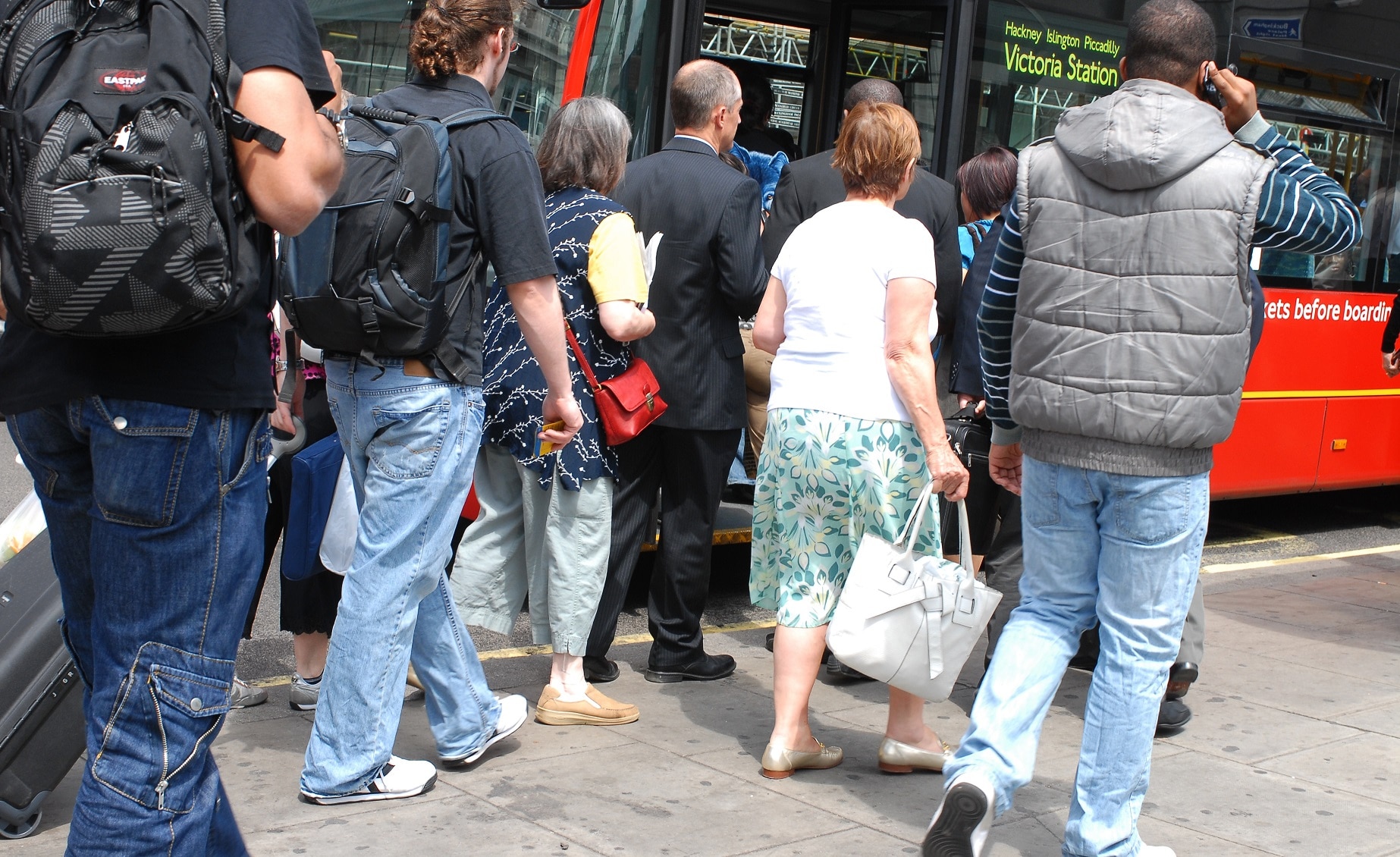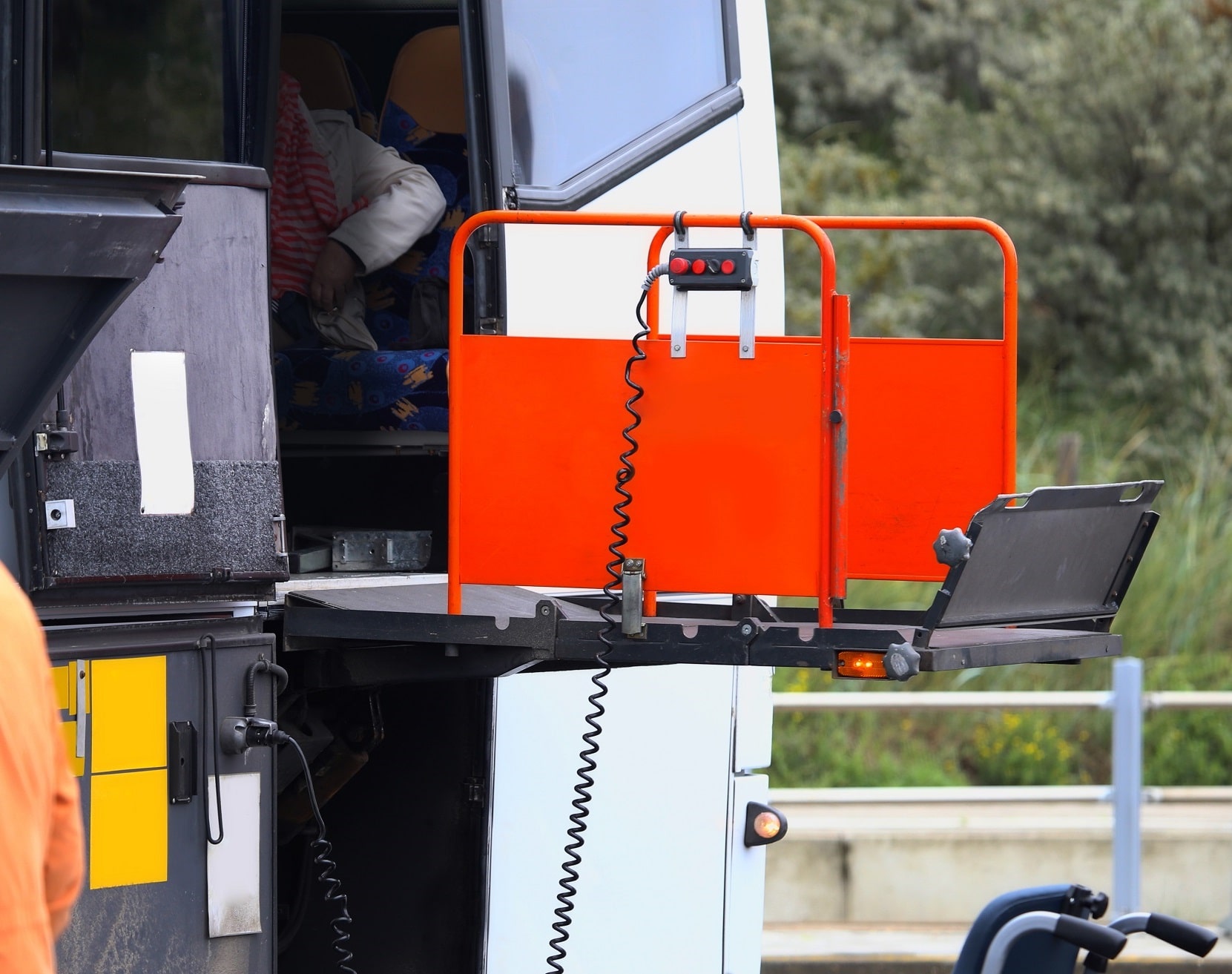It is hard enough maintaining a PSV O-Licence efficiently in a market governed by strict rules and legislation, yet operators have so much more to deal with on a daily basis. Croner-i Passenger Transport brings together all the information a road passenger transport operator needs to remain compliant.
Croner-i offers advice on maintaining an O-Licence in the UK, employment and driver issues and practical information for coach operations throughout Europe. In this month’s routeone column, it looks at the key points and specific actions on which operators should base their planning for moving out of lockdown.
Advice as the industry starts to move out of lockdown
As new government funding is announced to help protect and increase bus services, the most important task for operators preparing for increased use is to address the risks that coronavirus COVID-19 presents in a transport setting, to both passengers and staff.
Croner-i Passenger Transport contains templates and completed examples of risk assessments for mobile workers and premises-based workers, as well as health and safety and hygiene checklists.
The principles of prevention set out in the Management of Health and Safety at Work Regulations 1999 should be applied, namely:
- Avoid risks where possible
- Evaluate the risks that cannot be avoided
- Combat the risks at source
- Adapt to technical progress
- Replace the dangerous with the non-dangerous or the less dangerous
- Develop a coherent overall prevention policy which covers technology, organisation of work, working conditions, social relationships and the influence of factors relating to the working environment
- Give collective protective measures priority over individual protective measures
- Give appropriate instructions to employees.
On the latter point, it would of course be sensible to consult with workers, or their representatives, on any planned changes to working practices. Operators should also examine whether such changes might result in additional, different risks or non-compliance with other requirements (for example, health and safety or equalities legislation).
Finally, they must bear in mind that they still have a duty to consider the needs of those with protected characteristics — disabled people, for example, the elderly and pregnant women — and to ensure that they are able to access transport networks.
Protecting the workforce should not be forgotten
Even before considering the impact of increased passenger flows, operators need to plan for the safety of their employees. This will involve consideration of how and when people arrive at and leave the workplace and how their daily tasks are organised. Operators should:
- Stagger arrival and departure times to reduce crowding on routes to and from the workplace
- Consider opening further entry points to reduce the possibility of congestion
- Follow the example of supermarkets and use floor markings and directional signs to reinforce the message about social distancing
- Provide hand sanitisers at entry points and where possible reduce the need to touch security features such as keypads (perhaps by showing a pass)
- Consider the introduction of a shift system to keep numbers at work to a minimum
- Stagger break times and consider using packaged meals to avoid opening canteens
- Use posters and announcements to emphasise a zero-tolerance approach to abuse of staff
- Limit use of high-touch items and shared office equipment such as printers and whiteboards
- Ensure vehicles have enough empty seats to ensure social distancing
- Take account of workers using alternative forms of transport to get to work by, for example, providing cycle storage areas.
Key to passenger safety: Consider how they use things
The key to passenger safety is to consider how they enter, use and exit any facilities, buildings or vehicles. This will confirm potential pinch-points and enable operators to identify where problems can be alleviated by, for example, the use of signs, floor markings, barriers and screens. They should consider:
- Displaying messages and making announcements to discourage non-essential trips and to emphasise the government’s policy that wherever possible people should work from home
- Using social media to make passengers aware of what to expect on their journeys and encouraging them to use face coverings
- Promoting online ticket purchase and encouraging travel outside peak times
- Working with other transport organisations (at transport interchanges, for example) to ensure co-ordinated policy
- Taking account of the possibility of wet weather and considering how this will affect passenger behaviour
- Introducing the use of social distancing marshals
- Ensuring that all parts of the facility are subject to safety signs and social distancing measures including car parks, staircases and toilets
- Paying particular attention to areas where queuing is likely and introducing measures to ensure social distancing, perhaps by moving to more spacious areas or by restricting access
- Looking at all the above in the context of an emergency situation arising and planning accordingly.
Advice for passengers and staff on maintaining distance
The general requirement that people maintain social distancing applies across all forms of public transport but it is clear that transport staff and passengers will, on occasion, find it difficult to stay two metres apart. Employers should therefore:
- Advise staff and passengers on ways of working to keep their distance from other people as much as possible
- Establish clear rules for interacting with passengers
- Reinforce the rules on regular handwashing or cleaning
- Identify areas that are touched more regularly and ensure thorough cleaning (although regular cleaning of all areas is required)
- Support individual workers who choose to use face coverings in situations where social distancing is not possible (but emphasise the necessity for handwashing before and after use)
- Where problem areas arise, try to minimise the time where close contact occurs
- Where more than one member of staff is needed for a particular task, try to ensure that teams are kept as small as possible and that the same people are kept in the teams (so-called ‘cohorting’) to keep contact as limited as possible
- Use screens or barriers and eliminate face-to-face seating by, for example, shifting to ‘bench’ style
- If possible, separate workspaces two metres apart from one another
- Wherever possible ensure natural ventilation or use heating, ventilation and air conditioning systems to improve ventilation.
Don’t be afraid to advertise your compliance
The government poster, Staying COVID-19 Secure in 2020, may be downloaded and displayed by operators to demonstrate that they are complying with official guidance. It also offers a useful reminder of the key methods of mitigating the risk of transmission:
- Encourage people to work from home if possible.
- Introduce rigorous cleaning, handwashing and hygiene procedures.
- Maintain a two-metre distance in the workplace.
Readers of routeone can take advantage of an exclusive offer in conjunction with Croner-i that will enable them to gain discounted access to all the information they need to stay compliant.
Croner-i is offering readers of routeone a 10% reduction on the purchase price of an annual package to access the Croner-i online, members-only portal. It holds all the above information in an easy-to-access and understandable style.
For full details, please click here.
Previous Croner-i columns in routeone have looked at employment questions relating to the coronavirus COVID-19 pandemic, and at drivers’ hours on rail replacement services.



























